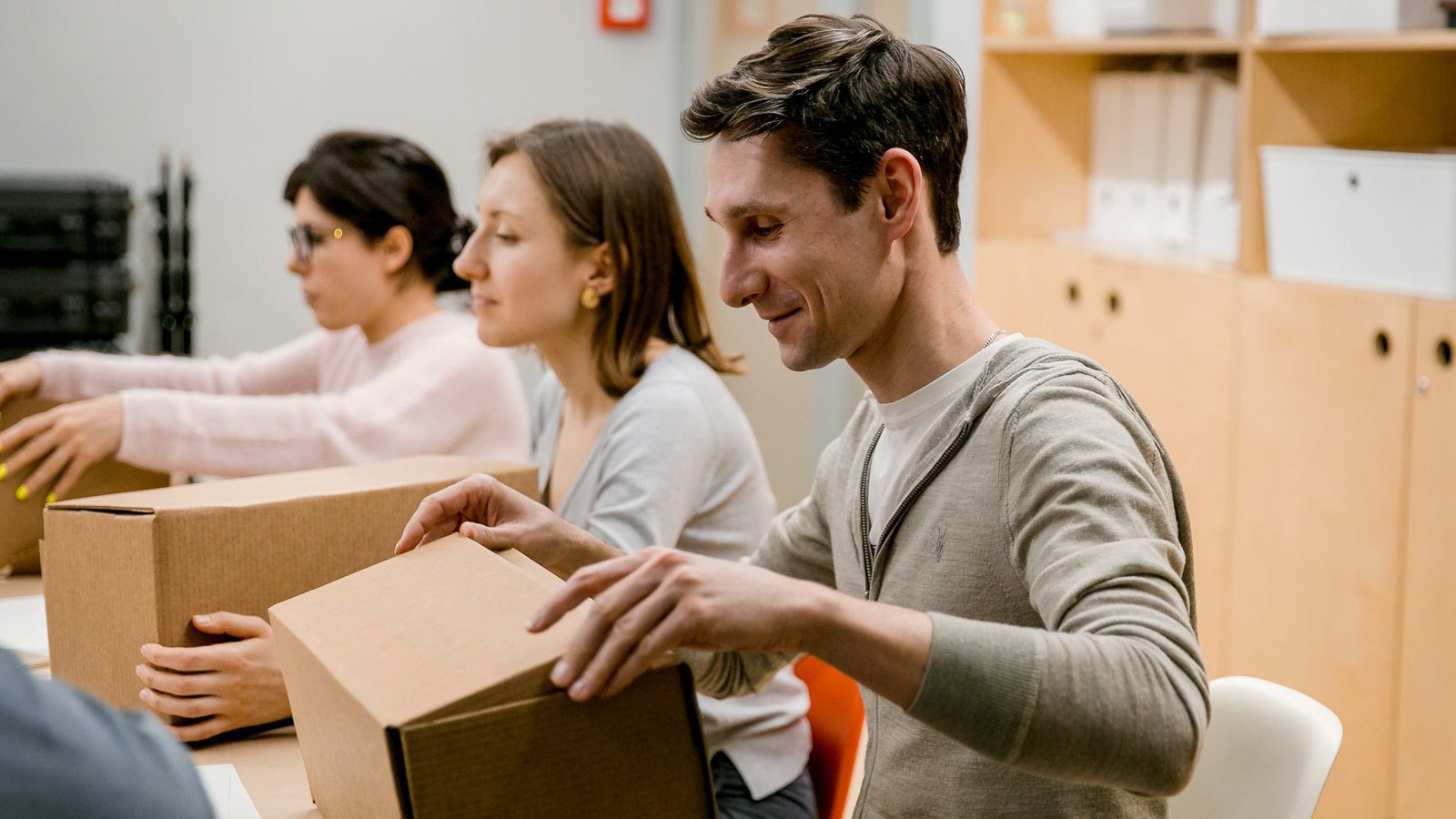The course offers an introduction to the history and basic concepts of architecture and puts its evolution in a historical and social context, explaining how architecture has been affected by new social demands, advances in technology, and the discovery of new materials.
Participants will learn to “deconstruct” buildings, find out how architects can organize traffic in entire cities, and learn when and why skyscrapers came about. They will see how architecture has served the state and the church, what buildings architects design for themselves, and why the Shukhov Tower is so admired in the East.
Each class will be completed with a practical assignment encouraging participants to develop their own project: design a building of the future, assemble a Shukhov Tower model, or write an architect’s manifesto.
Class size: 25
Price: 13,000 RUB

